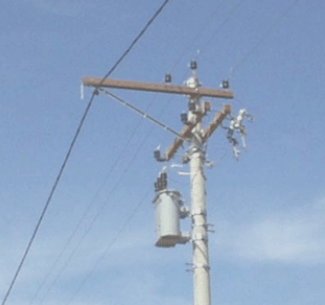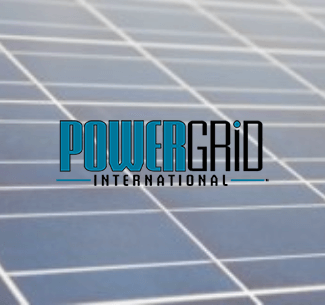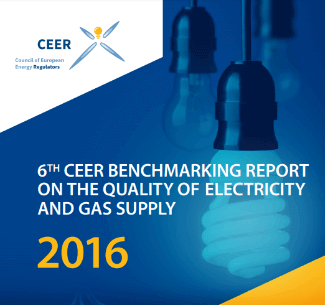Social participation as part of a soft initiative with the impacted communities, their leaderships and population, with analysis and mitigation of social and affordability impacts. Building a positive engagement with the local community is a key ingredient to the sustainability of an electricity loss program. This engagement must be established with the official and non-official leaders of the community and addressing their concerns when implementing the program. In some cases, having the support from Non-Government Organizations (NGOs) can also deliver effective results as these organizations can have proximity to the communities.
As part of the social initiatives, these other items should be considered:
(i) verify affordability and facilitate access to credit by promoting financing for the purchase of appliances or solar heating systems. This can also be associated with energy efficiency or conservation initiatives on household items, in particular during peak time consumption. Repayment of financing could be associated with the reductions on the value of the electricity bill.
(ii) strengthen the ability to pay of communities by promoting new sources of income in poor communities and / or a policy of discount on the energy bill (e.g..: exchange of recycling material in exchange for discounts, training courses and among others).
iii) introduce “motivational” products which is the creation of products that encourage consumers to pay their energy bill, such as insurance, prize draws, discounts on medicines, or discounts on household products and food, and
(iv) consider introducing prepaid systems as advance payment is one of the most efficient means of enforcing the budget constraint and reducing possible noncommercial losses






